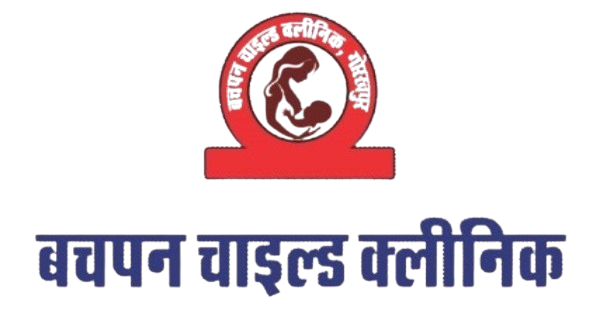Nutrition is the study of how food affects the body and is crucial for overall health, growth, and well-being. It involves understanding the different nutrients in food, their functions, and how they contribute to bodily processes.
Key Nutrients:
- Carbohydrates:
- Function: Primary source of energy.
- Sources: Grains (rice, wheat), fruits, vegetables, and legumes.
- Proteins:
- Function: Essential for building and repairing tissues, making enzymes and hormones.
- Sources: Meat, fish, dairy, beans, nuts, and seeds.
- Fats:
- Function: Important for energy, cell structure, hormone production, and nutrient absorption.
- Sources: Oils, avocados, nuts, seeds, and fatty fish. Healthy fats are primarily unsaturated.
- Vitamins:
- Function: Organic compounds that support various bodily functions (e.g., immune function, energy production).
- Sources: Fruits, vegetables, dairy, and whole grains. Each vitamin (A, B, C, D, E, K) has specific roles.
- Minerals:
- Function: Inorganic elements important for bone health, fluid balance, and muscle function.
- Sources: Meat, dairy, fruits, vegetables, and grains. Key minerals include calcium, potassium, iron, and magnesium.
- Water:
- Function: Vital for hydration, digestion, temperature regulation, and biochemical reactions.
- Sources: Water, beverages, and moisture-rich foods (fruits and vegetables).
Balanced Diet:
A balanced diet includes a variety of foods to provide all essential nutrients. Key components are:
- Fruits and Vegetables: Aim for a variety of colors and types to maximize nutrient intake.
- Whole Grains: Choose whole grains over refined grains for more fiber and nutrients.
- Lean Proteins: Incorporate both animal and plant-based proteins.
- Healthy Fats: Use sources like olive oil, nuts, and fatty fish.
Special Considerations:
- Age and Life Stage: Nutritional needs change based on age, gender, and activity level.
- Medical Conditions: Certain health issues (e.g., diabetes, heart disease) may require dietary modifications.
- Cultural and Personal Preferences: Individual beliefs and preferences can influence dietary choices.
Importance of Nutrition:
Proper nutrition is crucial for:
- Growth and Development: Especially important in childhood and adolescence.
- Immune Function: Supports the body’s defense against infections.
- Mental Health: Certain nutrients are linked to mood regulation and cognitive function.
- Chronic Disease Prevention: A balanced diet can lower the risk of obesity, diabetes, heart disease, and certain cancers.
Tips for Healthy Eating:
- Plan Meals: Create a balanced meal plan that includes a variety of foods.
- Stay Hydrated: Drink plenty of water throughout the day.
- Limit Processed Foods: Reduce intake of foods high in sugar, salt, and unhealthy fats.
- Practice Portion Control: Be mindful of serving sizes to avoid overeating.
- Listen to Your Body: Pay attention to hunger and fullness cues.
